Diving in Bali offers an exhilarating experience, with its vibrant underwater ecosystems and breathtaking marine life. However, ensuring your safety while exploring these stunning depths is paramount. Whether you’re a beginner looking to enroll in Bali diving courses or a seasoned diver pursuing an advanced diving courses, understanding essential safety tips and best practices is crucial for both your enjoyment and well-being. This guide will provide you with valuable insights to make the most of your diving adventures while prioritizing safety, whether you’re embarking on your first diving lesson or seeking a scuba diving certification at a Bali dive resort.
Understanding the Diving Environment in Bali
Understanding the diving environment in Bali is crucial for ensuring a safe and enjoyable underwater experience. Bali is renowned for its vibrant marine life, stunning coral reefs, and diverse dive sites, making it a popular destination for both casual snorkelers and seasoned divers. However, factors such as ocean currents, visibility conditions, and specific marine species must be considered before diving. Local diving courses, offered at various Bali dive resorts, emphasize the importance of familiarizing oneself with these elements to help divers anticipate and navigate any challenges they may encounter while underwater.
Whether you are pursuing an Open Water Diving Courses or an Advanced Diving Courses, gaining a deeper understanding of the local marine environment is key to your safety. By staying informed about the area’s unique diving characteristics, divers can enhance their skills during diving lessons and make the most of their scuba diving certification. Always seek advice from qualified instructors in Bali diving courses, as they can offer insights into the best times to dive, safe practices, and local regulations.
Most importantly, maintaining awareness of the surroundings can reduce the risks associated with diving, ensuring a safe adventure in the captivating waters of Bali. Understanding the diving environment ultimately enriches your experience and keeps your underwater explorations both enjoyable and safe.
Choosing the Right Bali Dive Resort
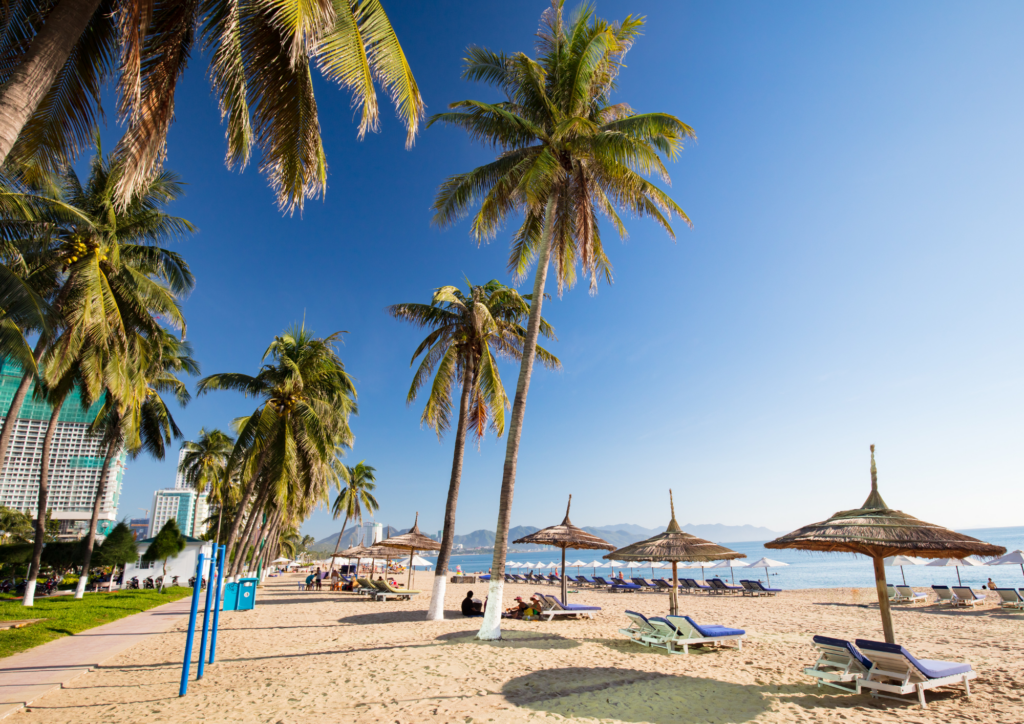
When it comes to choosing the right Bali dive resorts, conducting thorough research is paramount. Look for Bali dive resorts that offer comprehensive Bali diving courses taught by certified instructors. This will not only enhance your diving experience but also ensure that you’re receiving top-notch training and safety guidelines tailored for the local marine environment. Ensure the resort provides gear that is well-maintained and if you’re considering a diving course, evaluate the specialized options available, such as Open Water Diving Courses for beginners or Advanced Diving Course for experienced divers.
Also, check reviews and testimonials from previous guests to ascertain the quality of their services and the level of safety provided. Moreover, consider the location of the dive resort and its accessibility to various dive sites around Bali. A resort that is strategically situated near popular dive spots can save you time and ensure you maximize your diving adventures. Additionally, inquire about the resort’s approach to safety practices, including emergency protocols, dive briefings, and whether they offer scuba diving certification courses. Remember, a good dive resort prioritizes your safety and enjoyment, making it a critical consideration in your diving plans in Bali.
Importance of Scuba Diving Certification
Obtaining a scuba diving certification is a fundamental step for anyone considering diving in Bali. Not only does certification provide the foundational knowledge and skills necessary for safe diving, but it also equips divers with an understanding of the local marine environment and potential hazards. Many Bali dive resorts require a valid certification before allowing individuals to participate in diving activities.
Enrolling in a reputable diving course, such as an Open Water Diving Courses or an Advanced Diving Course, can enhance your diving experience while ensuring your safety. During these courses, you will learn essential skills such as equipment management, underwater navigation, and emergency response, all crucial for a safe dive experience. Furthermore, certified divers are likely more attuned to the responsibilities that come with diving. They are trained to assess dive conditions, communicate effectively with their buddy, and respond appropriately to unforeseen situations.
Whether you’re interested in taking a diving lesson or seeking a more advanced course, such as a deep dive or night dive certification, ensuring you have the proper training not only boosts your confidence but also guarantees a safer diving adventure. A solid foundation in scuba diving practices will help you fully enjoy the stunning underwater scenery that Bali has to offer, making your diving experience both enjoyable and secure.
Essential Diving Courses and What They Offer
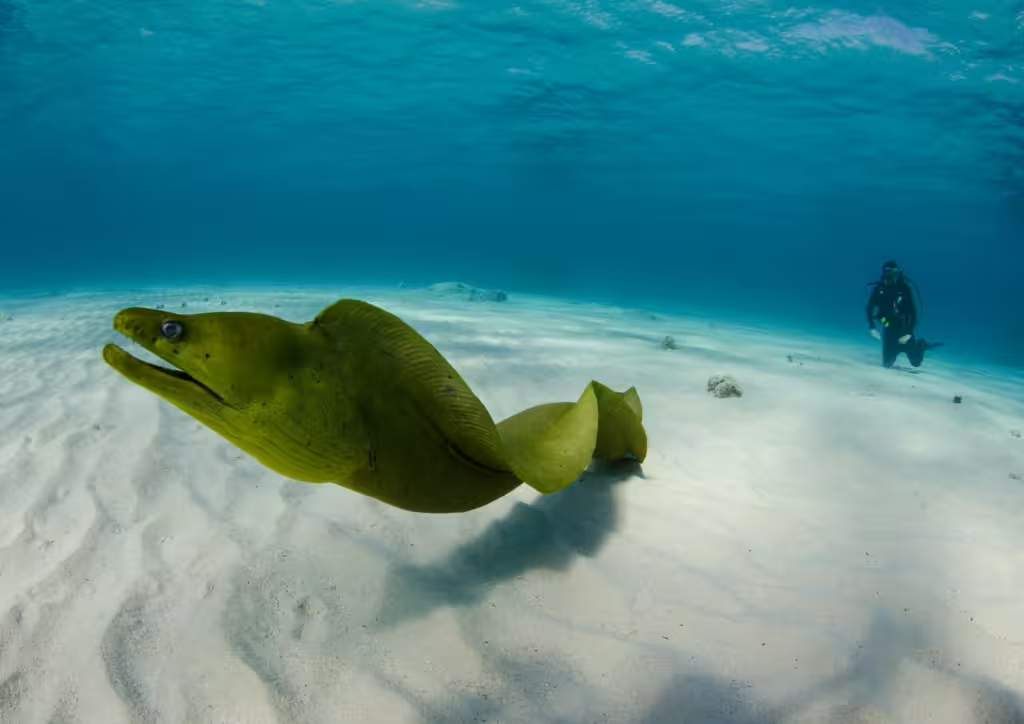
When planning your diving adventure in Bali, selecting the right diving course is crucial for both safety and enjoyment. Bali offers a range of diving courses designed to cater to divers of all skill levels, from novices to experienced professionals. For beginners, enrolling in an Open Water Diving Courses is an excellent way to gain fundamental scuba diving skills while earning your scuba diving certification.
This course typically includes pool training, theory lessons, and several supervised dives in the ocean, ensuring you are well-prepared for underwater exploration. Dive resorts in Bali are known for providing comprehensive training and support, which enhances the overall learning experience. For those already certified or looking to enhance their skills, advanced diving courses offer specialized training that allows divers to explore deeper and more challenging underwater environments.
These courses often focus on specific diving techniques, such as night diving, wreck diving, or deep diving. By taking advantage of these advanced diving lessons, divers gain confidence and expertise, enabling them to safely enjoy the diverse marine ecosystems Bali has to offer. Proper training not only heightens the dive experience but also significantly reduces risks associated with scuba diving, thus ensuring your underwater adventures remain memorable and safe.
Safety Guidelines for Beginner and Advanced Divers
When diving in Bali, both beginner and advanced divers must adhere to essential safety guidelines to ensure a risk-free experience. Beginners should prioritize taking a certified Bali diving course that equips them with the necessary knowledge and skills. It’s imperative to understand the basics of scuba diving certification, including mastering buoyancy control and practicing proper breathing techniques.
Moreover, divers should always conduct equipment checks before entering the water and never dive alone. Engaging in an organized diving lesson with experienced instructors at a reputable Bali dive resorts is the best way to enhance safety and confidence in the water. For advanced divers, safety practices often include planning dives meticulously and adhering to depth limits and no-decompression limits laid out in their advanced diving course. It’s also crucial to remain aware of changing weather conditions, as Bali’s vibrant underwater environments can quickly transform.
Regularly monitoring air supply and staying within the limits of one’s training can prevent potential hazards. By following these guidelines, divers at all levels can enjoy the stunning underwater scenery of Bali while ensuring their safety through responsible practices. Remember, a dive is only as enjoyable as it is safe!
What to Expect During a Diving Lesson
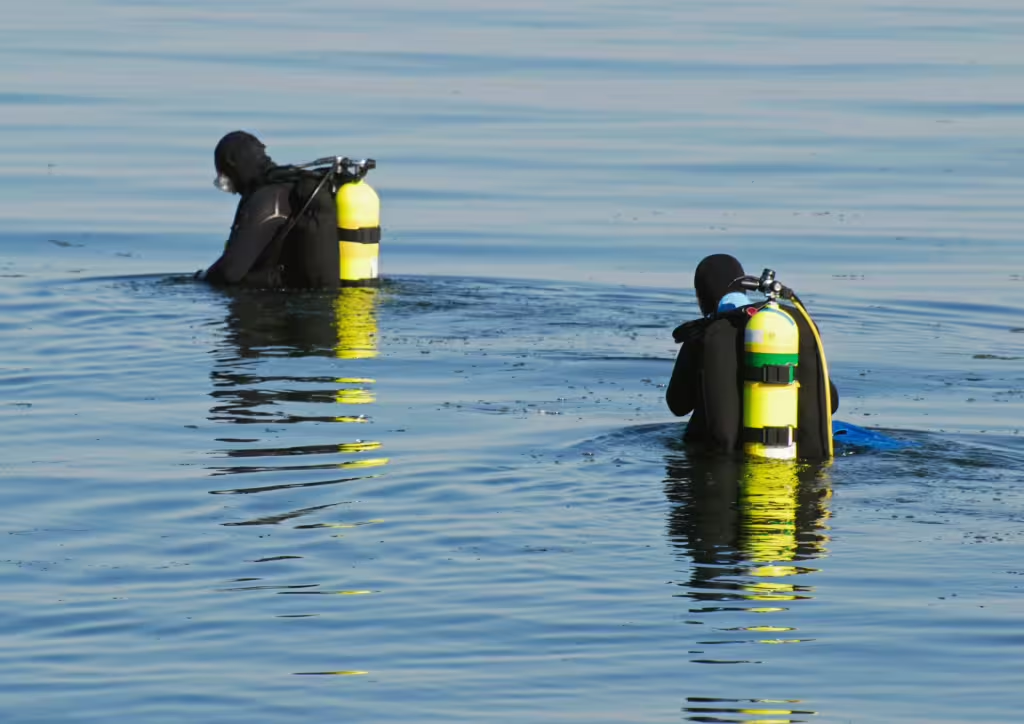
When you enroll in a Bali diving courses, especially for beginners, you can expect a structured approach to learning the fundamentals of scuba diving. Most diving lessons start with a comprehensive theory session where instructors explain the equipment, safety protocols, and basic diving techniques you need to know. Following this introduction, the practical aspect usually takes place in a confined water setting, such as a swimming pool, where you get accustomed to the diving gear and practice essential skills like buoyancy control and underwater communication.
Experienced divers can jump straight into advanced diving courses, where they can expect more challenging dives and specialized training techniques. During your time at a Bali dive resorts, the real adventure begins as you move to open water dives. In this phase, you will apply everything you’ve learned in real diving scenarios, exploring the vibrant reefs and marine life that Bali is known for. Expect to be guided by experienced instructors who prioritize safety and ensure that you’re comfortable with every aspect of diving. Regardless of your certification level, always pay attention to safety briefings and dive within your limits to ensure an enjoyable and safe diving experience in the beautiful waters of Bali.
Emergency Procedures and First Aid for Divers
Safety is paramount in diving, and being prepared for emergencies is essential for every diver. Understanding and practicing emergency procedures can mean the difference between a minor incident and a serious accident. Divers should be well-versed in recognizing signs of distress, such as rapid breathing, panic, or equipment malfunction. In the event of an emergency, it’s crucial to remain calm and follow the established protocols, such as signaling for help, managing buoyancy, and providing assistance to fellow divers.
First aid knowledge is equally important; divers should be trained in basic skills like administering oxygen, performing CPR, and treating common diving-related injuries, such as cuts, stings, and decompression sickness. Regular practice and drills ensure that these procedures become second nature, helping divers respond quickly and effectively, thereby enhancing the safety of every dive.
Staying Aware of Marine Wildlife and Environmental Hazards
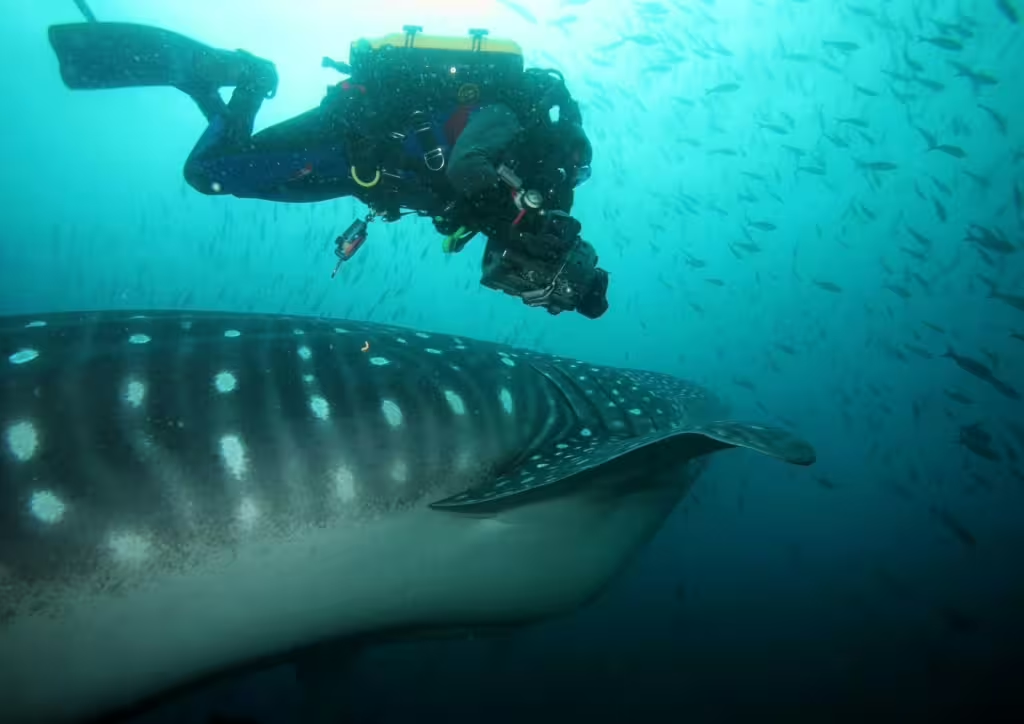
In addition to wildlife awareness, divers must also be vigilant about environmental hazards while exploring the underwater world. Factors such as strong currents, poor visibility, and sharp coral structures can pose threats to divers. Before heading into the water, assess the diving conditions by consulting with your dive resort or instructor. They often have the most up-to-date information regarding current weather and ocean conditions.
If you’re partaking in an Open Water Diving Courses or Advanced Diving Course, you’ll learn essential techniques for handling various underwater scenarios. Remaining aware of your surroundings and sticking to your dive group’s guidelines ensures a safe and enjoyable diving experience. Remember, preparation and awareness are key to having memorable and safe diving adventures in Bali.
Dive Smart and Stay Safe in Bali
Diving in Bali offers a thrilling experience filled with beautiful marine life and stunning underwater landscapes. However, safety should always be your top priority. By enrolling in reputable Bali diving courses and ensuring your scuba diving certification is up to date, you can enjoy your underwater adventures confidently. Whether you are taking your first diving lesson or pursuing an Advanced Diving Course, always remember to adhere to the best practices discussed in this blog to ensure a safe and enjoyable experience.
Additionally, choosing the right Bali dive resorts can further enhance your diving experience. Look for resorts that prioritize safety measures and offer well-structured diving courses. Remember to dive in groups, communicate with your dive partners, and always have a plan. Safe diving is smart diving, enabling you to focus on the breathtaking beauty that lies beneath the surface. Happy diving in Bali, and may your underwater adventures be both safe and unforgettable!

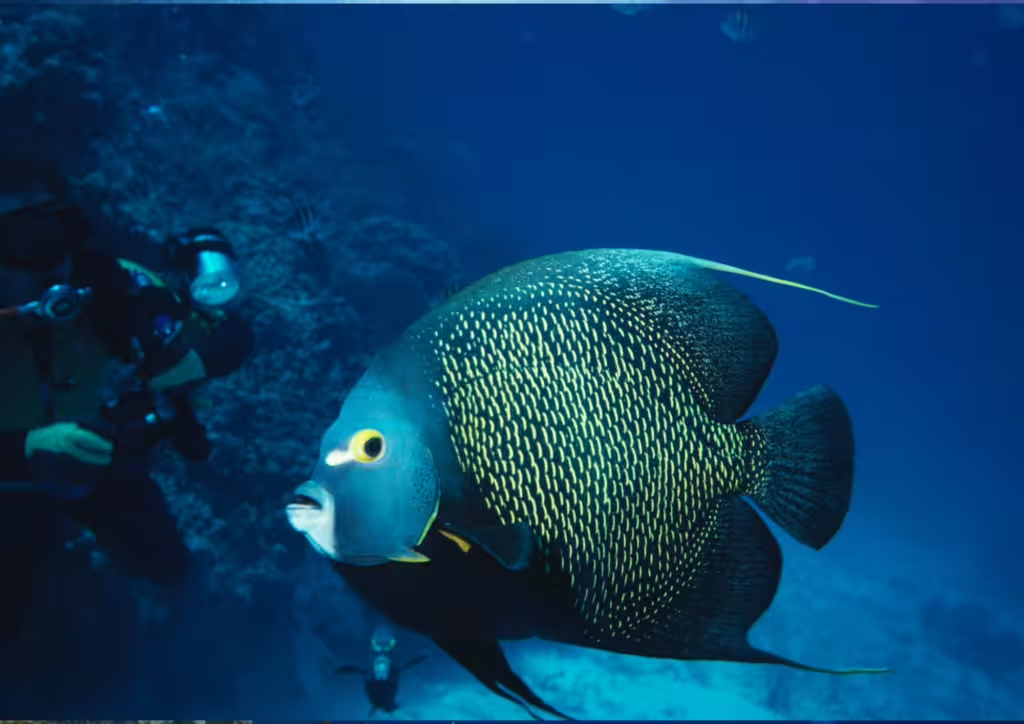
I must say, this is an informative and helpful blog post! The tips on choosing a Bali dive resort and understanding the diving environment in Bali are particularly useful.
Thank you so much, Aisha! We’re glad to hear that our blog post was informative and helpful. Choosing the right Bali dive resort and understanding the diving environment are indeed crucial for a safe and enjoyable diving experience in Bali. If you have any more questions or concerns, feel free to reach out to us anytime. We’re always here to help. By the way, if you’re looking for a reputable Bali dive resort that offers comprehensive training and guidance, we recommend checking out [insert name of dive resort]. They offer a range of diving courses and packages that cater to divers of all skill levels.
I’ve been planning to take scuba diving courses in Bali, and this blog post has given me some valuable insights. The section on emergency procedures is especially useful.
Thank you, Rizal Jefri! We’re glad to hear that our blog post has been helpful in planning your scuba diving adventure in Bali. Our team at Pebble and Fins is committed to ensuring the safety and enjoyment of all our guests. If you have any further questions or concerns about our diving courses or resort, please don’t hesitate to reach out to us at [email protected] or call us at +62 857 3891 8262. We’re looking forward to welcoming you in Bali!
I’ve had the opportunity to take a Bali diving course, and I can attest that it’s a great experience. The instructors were knowledgeable and friendly, and the equipment was well-maintained.
Dear Syifa, thank you for sharing your wonderful experience with our Bali diving course! We’re thrilled to hear that you had a great time and appreciated the knowledge and friendliness of our instructors. At Pebble & Fins, we strive to provide top-notch training and a fun environment for all divers, regardless of their skill level. We’re glad you got to enjoy the beauty of Bali’s underwater world with us! If you have any more questions or would like to share more about your diving adventure, please don’t hesitate to reach out.